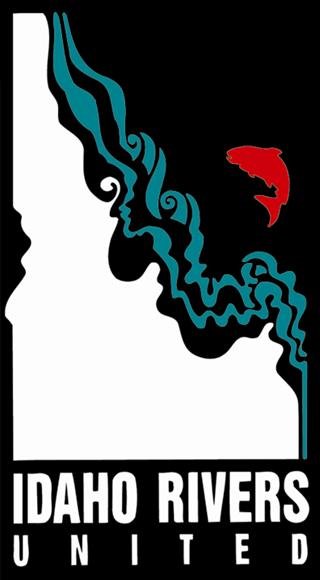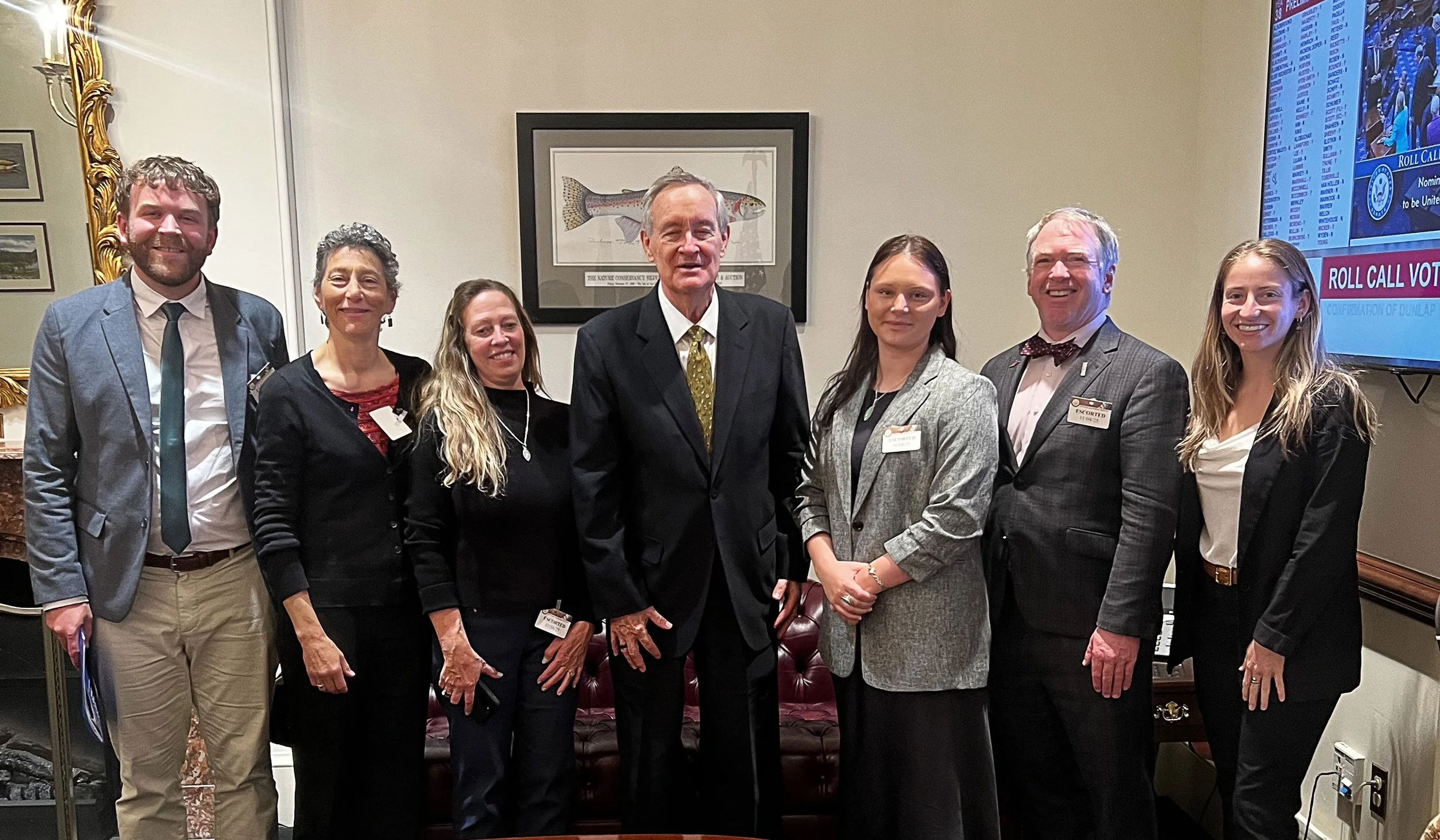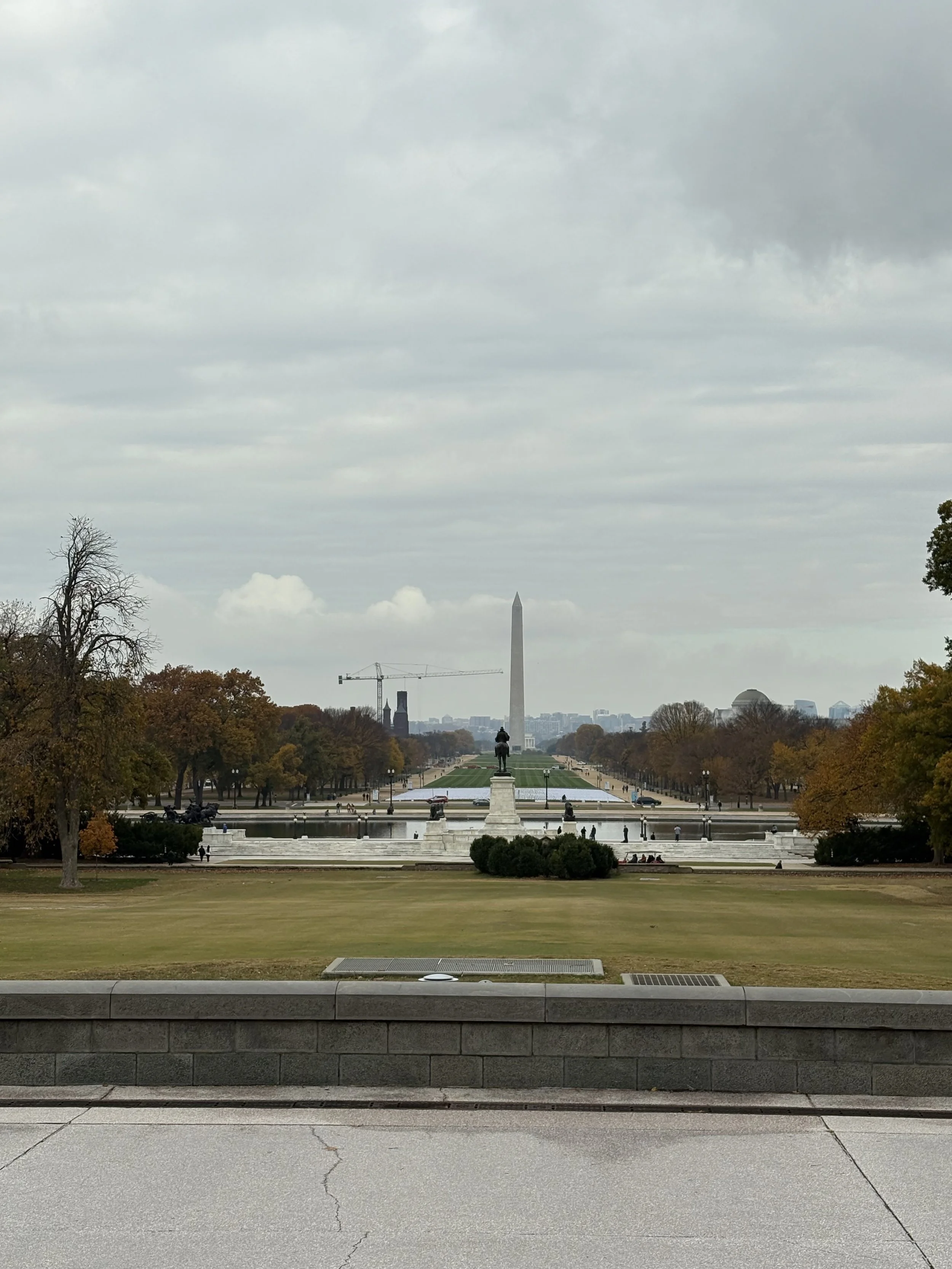Reflections from D.C. Advocacy
Earlier this month, I spent several days in Washington, D.C., advocating for salmon and rivers in meetings with Congressional offices from across the Northwest. I traveled across the country as a member of a highly talented and passionate group of energy, policy, fish, and water advocates organized and led by the Save Our Wild Salmon coalition.
We arrived in D.C. at a time of government shutdown, yet were able to meet with Congressional offices from Idaho, Oregon, and Washington who were eager to fulfill their obligations to engage their constituents and broader Northwest community.
Staffers and members of Congress broadly showed receptivity and engagement with our salmon recovery and energy development messages, which highlighted the power of in-person advocacy with decision makers.
Our conversations centered on two things: the need for a strong Fish & Wildlife Program from the Northwest Power and Conservation Council (Council) for the next 5-year cycle, and highlighting the questionable decision-making of Bonneville Power Administration (BPA) related to energy markets.
Both topics touch on what has been a throughline for decades in the region: BPA’s unwillingness to provide equitable treatment towards salmon recovery alongside power generation. Of late the agency has attempted to minimize the historic impact that construction and operation of federal dams has had on salmon abundance, and thereby absolve itself of mitigation responsibility towards the fish via its obligations in the new Fish & Wildlife Program. It is critical that the Council incorporate the priorities of state, tribal, and federal fisheries managers into the next 5-year program to ensure that meaningful progress is made on recovery of imperiled runs of salmon across the Basin.
As far as energy markets go, the concern is that BPA has not fully considered its options related to which day-ahead market to join to the detriment of both power customers and fish. It has hastily turned its back on a West-wide day-ahead energy market with a large footprint that can efficiently and effectively move electricity across the region and take pressure off of the hydrosystem.
The hydrosystem in the Columbia Basin has been under increasing pressure recently, with 2025 being the third straight year of low snowpack and water supply. We made the point in meetings that investing in a diverse mix of clean energy generation across the West will help meet rising demand for electricity and lessen reliance on hydropower in a drier future, to the benefit of fish moving in the river system.
Our conversations around the Council’s planning for fish and wildlife and BPA’s energy market decisions ultimately centered on the need to prioritize salmon populations in policy and river management. Congress has the ability to provide oversight and demand accountability from both the Council and BPA, making it crucial that members are well informed on opportunities to improve river conditions for fish populations.
The long-term goal amongst IRU and our campaign partners for meaningful Snake River salmon and steelhead recovery remains breaching the four Lower Snake River Dams. However, ensuring that the expertise of regional fisheries managers is prioritized in power planning and managing the hydrosystem is crucial to the near-term health of salmon populations across the Basin. I felt fortunate to be a part of the strong coalition of folks that delivered these messages to our elected leaders in D.C.




